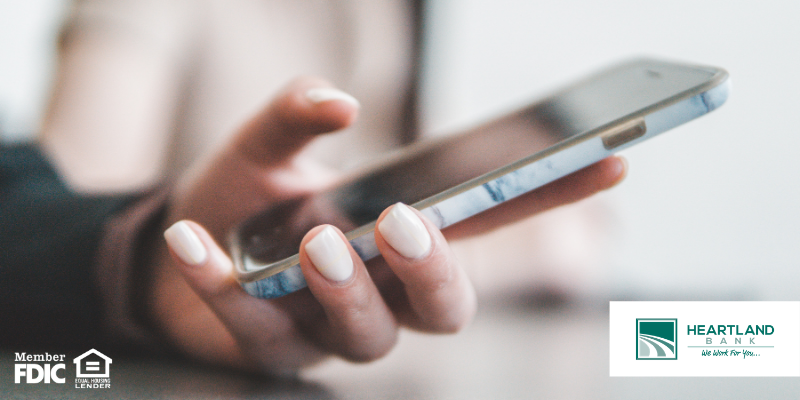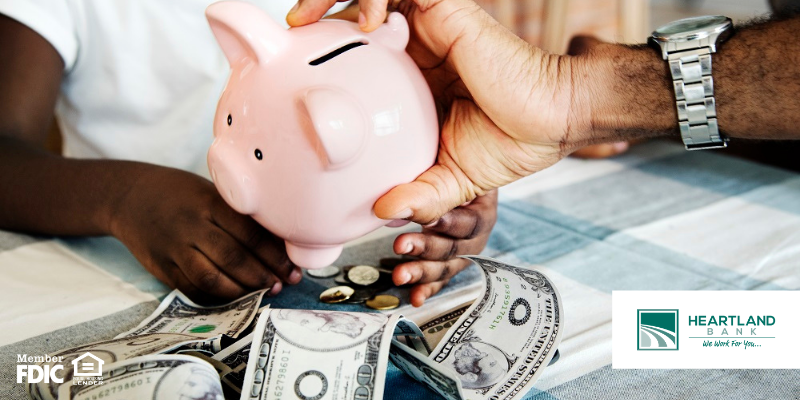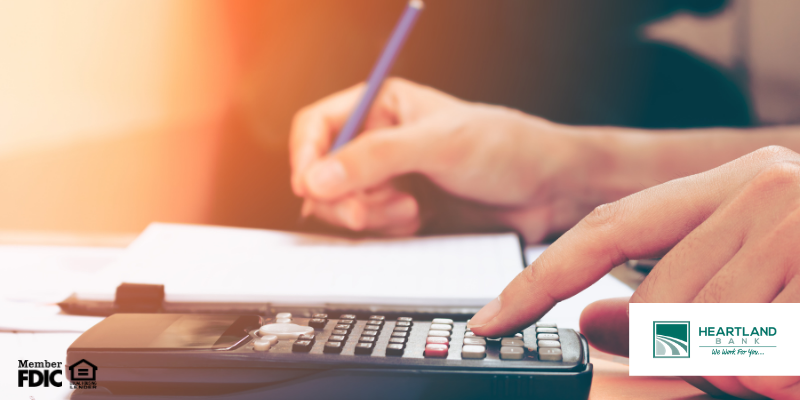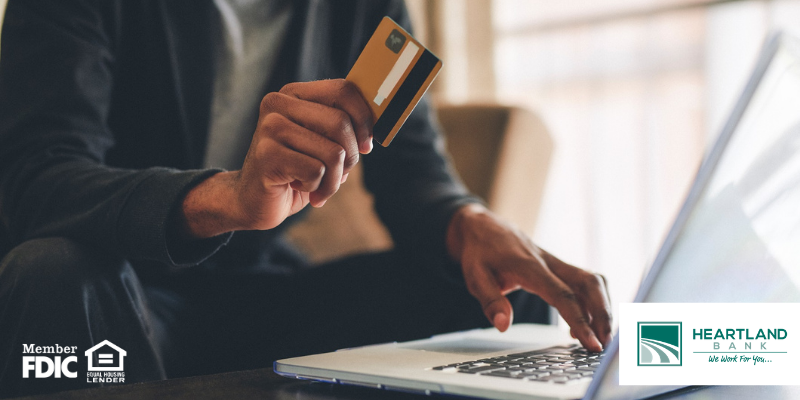
Social media is growing and expanding each day, with nearly 3 billion people on Facebook and over 2 billion on YouTube. Platforms like these along with Instagram, Twitter, Snapchat and more require usernames and passwords, but there’s always the unfortunate chance that your account is compromised. We’re here to provide you with a few simple things you can do to protect your social media accounts.
Two-Factor Authentication
Adding an extra step to your login process is always a good way to protect your account from being hacked. Examples of two-factor authentication include having to enter a code sent to your phone, scanning your fingerprint or using face ID in order to confirm your identity. Most social media platforms offer this as an option in settings.
Try Out a Password Manager
Not only is it important to have a strong password, but you should also vary your passwords across your social media accounts. If you use the same password for every account and one gets hacked, then they’re all compromised. Be sure to include numbers, upper and lowercase letters and special characters to make each password unique. It’s also smart to update your passwords periodically. Keeping track of all of them may seem tricky, but an online password manager will take care of that for you.
Double-Check Your Friends
Now’s a good time to go through your Facebook friends and make sure you know them all. If you get a friend request but you don’t know the person who sent it, just decline it and stick to the people you’re familiar with. One common way hackers access your information easier is by making fake accounts and sending you a request so they can see more of your personal information.
Don’t Overshare
Even if all of your friends or followers are people you know, you still want to be careful what you’re sharing online. Don’t share personal information like your address, social security number, financial information or other things you wouldn’t want people knowing. Think of everything you share online as permanent for anyone to access, whether it’s shared in a private group or not.
See What’s Provided in Your Profile
To go along with the previous point, there are some things your friends can see without harm. For example, having your hometown in your private profile usually does no harm since the people you know most likely already know this information about you. The important part is to make sure those things are private and only accessible to your friends rather than on your public profile.
With new and exciting technology comes the necessity to keep your information secure, private and protected. Following the above tips and guarding your social media accounts will help you avoid hackers who can compromise your personal information. Contact us for more cybersecurity information or to learn about the financial services we offer!










